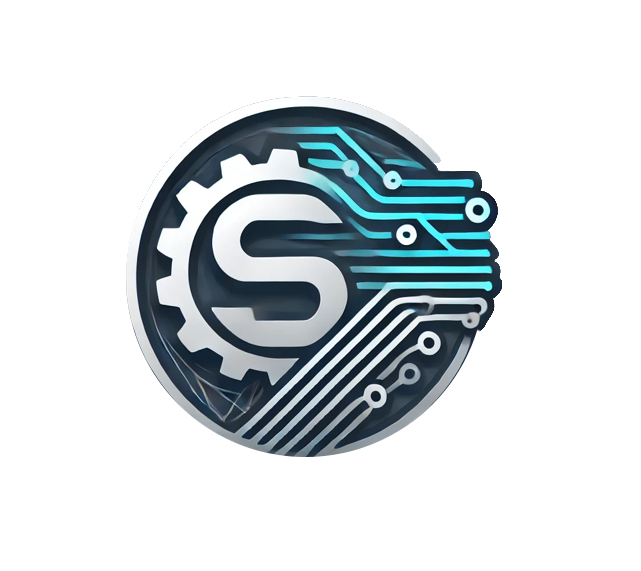MLOps & Data Services Insights
Stay ahead with the latest practices, tools, and innovations shaping machine learning operations and data-driven solutions

What is MLops
MLOps, short for Machine Learning Operations, is a practice that combines machine learning model development with DevOps principles to streamline and automate the deployment, monitoring, and maintenance of ML systems. It ensures seamless collaboration between data scientists, developers, and IT operations teams, enabling faster and more reliable delivery of ML applications. By focusing on reproducibility, scalability, and continuous integration, MLOps reduces the complexities associated with managing machine learning in production environments. It plays a crucial role in operationalizing AI solutions, ensuring they deliver consistent and accurate results in real-world scenarios.

FAQ: MLOps
- What is the purpose of MLOps?MLOps aims to streamline and automate the deployment, monitoring, and maintenance of machine learning models in production environments. It bridges the gap between data science and IT operations, ensuring models are scalable, reproducible, and reliable.
- How does MLOps differ from DevOps?While DevOps focuses on software development and operations, MLOps extends these principles to machine learning workflows, adding unique considerations like data versioning, model training, and continuous model monitoring.
- What are the key components of an MLOps pipeline?An MLOps pipeline typically includes data preprocessing, model training, validation, deployment, monitoring, and retraining based on new data or performance metrics.
- Why is MLOps important for businesses?MLOps enables businesses to operationalize AI solutions effectively, reducing time to market, minimizing risks of model degradation, and ensuring models adapt to changing real-world conditions.
- What tools are commonly used in MLOps?Popular MLOps tools include Kubeflow, MLflow, TFX (TensorFlow Extended), Airflow, and cloud-based platforms like AWS SageMaker, Azure Machine Learning, and Google Cloud AI Platform. These tools help manage various stages of the machine learning lifecycle.

We share knowledge about machine learning operations and best practices on our blog. Stay informed with insights and strategies to enhance your expertise in the field.

We offer articles on the integration and management of machine learning models

We share knowledge about machine learning operations and best practices on our blog. Stay informed with insights and strategies to enhance your expertise in the field.
Blog o MLOps

Model Management: Streamlining the Lifecycle of Machine Learning Models
Discover the latest trends and techniques in managing machine learning operations to optimize processes and boost efficiency within your organization. Stay updated on cutting-edge tools and practices that streamline the ML lifecycle from development to deployment. Learn how to address challenges like scalability, automation, and model monitoring effectively. Unlock the potential of MLOps to drive innovation and deliver reliable, data-driven results.

Explore Data Analysis Methods to Drive Data-Driven Decisions and Enhance Machine Learning Model Quality Across Applications
Data analysis plays a critical role in enabling data-driven decision-making by uncovering insights and trends from complex datasets. By applying advanced analytical techniques, organizations can better understand their data and identify key factors influencing outcomes. These methods also improve the quality and accuracy of machine learning models, ensuring they perform effectively across diverse applications. With robust data analysis, businesses can optimize strategies, reduce risks, and drive innovation through actionable insights.

Implementing MLOps Solutions: Best Practices for Streamlined Model Lifecycle Management
Implementing MLOps solutions ensures efficient deployment, monitoring, and maintenance of machine learning models in production. By following best practices such as continuous integration, automated testing, and scalable infrastructure, organizations can accelerate the model lifecycle while maintaining reliability. Effective implementation also enables seamless collaboration between data science and IT teams, reducing the time and effort needed to operationalize AI solutions. These practices empower businesses to manage models dynamically, adapting to changing environments and delivering consistent results.
Opinions
”The MLOps blog provides incredibly valuable insights into machine learning operations. I highly recommend it to anyone looking to grow in this field.”
